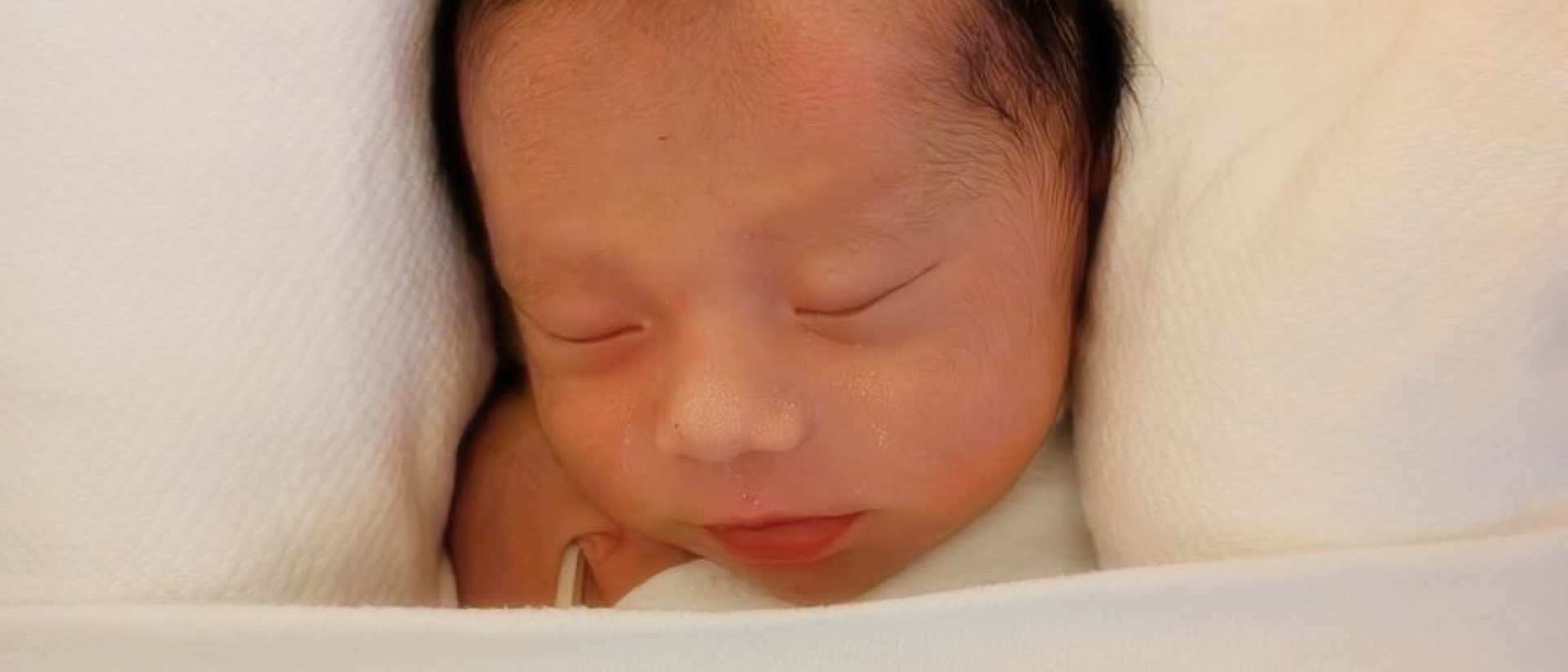
What does a breast cancer diagnosis mean for my fertility?
Of the many reasons people seek out fertility treatment, fertility preservation in advance of cancer treatment isn’t one that is often discussed.
In honor of Breast Cancer Awareness Month we’re sharing a bit about the importance of early screening, and how to think about breast cancer treatment and fertility.
If you’ve been diagnosed with breast cancer your future fertility may be the last thing on your mind, or it might be the very first. But if you do plan to have children in the future, the best time to speak to a fertility doctor is now.
What is Breast Cancer Awareness Month?
Every October, you may notice that your trip to the grocery store becomes a whole lot pinker. It marks the start of Breast Cancer Awareness Month, a global health campaign aimed at raising awareness of, screening for, and prevention of the disease.
The annual campaign seeks to:
- Build support for people who are living with breast cancer
- Fundraise towards research and other support initiatives
- Increase awareness around risk factors and the importance of screening
Breast cancer is the most commonly diagnosed form of cancer in women worldwide, coming in a close second to lung cancer. In the year 2021, breast cancer actually was the most diagnosed cancer in the world.
Due to its prevalence, breast cancer has seen significant funds put towards building a better understanding of the disease. One study pegged worldwide breast cancer research investment at $2.7 billion dollars from 2016-2020.
This global campaign marked by its ubiquitous pink ribbon sees vast participation, encompassing individuals, companies, community organizations, and more.
At our Bay Area clinic, we work year round with nearby oncology practices such as the Bass Cancer Center and the Jean and Ken Hofmann Cancer Center to raise provider awareness around the importance of seeking fertility care before the start of cancer treatment.
When are mammograms recommended
Mammograms are the most common screening test for breast cancer. The test doesn’t diagnose cancer on its own, but rather examines the breast via x-ray or digital imaging to search for masses. Any concerning masses are then examined via biopsy to determine if cancerous cells are present.
Barring any family history of breast cancer, everyone should start getting mammograms by age 40.
If you have a family history of breast cancer, your first step is to find out what age your family member was when they were diagnosed. You’ll want to start getting yearly mammograms starting when you’re ten years younger than their diagnosis age.
Finally, if you have any history of cancer in your family at all, genetic screening can be useful for reducing the risk of your future children developing cancer.
What should I know about my fertility and breast cancer treatment?
If you would like the option of having children in the future, you should speak to a fertility doctor about fertility preservation options before you begin cancer treatment.
While life saving, chemotherapy and radiation are gonadotoxic—which means they destroy eggs and sperm, your gametes. Therefore, an egg retrieval should happen before you start cancer treatment.
At our Walnut Creek clinic, we have an expedited process for patients who are preparing for cancer treatment. Call in to get a same day or next day initial consultation where we’ll walk through your options for egg or embryo freezing and help you come up with a fertility treatment plan, including financial counseling. We also work with your medical oncology team to determine the best path forward.
Other treatments include:
- Ovarian shielding, which may protect the ovaries from the effects of radiation treatment
- Ovarian transposition, which involves surgical repositioning of the ovaries out of the radiation field.
- Radical trachelectomy, a surgical removal of the cervix with preservation of the uterus.
- Ovarian tissue banking (experimental).
We work with Livestrong to provide free IVF medications ($4,000-6,000 value) for fertility treatment in patients with cancer, and those who have partners with cancer. The Chick Mission is another fantastic organization that covers egg freezing costs for patients with cancer. Both organizations will evaluate your financial need and determine your eligibility to receive support.
Unlike a typical egg retrieval where we would wait for the start of your period, we’ll use the Random Start Method to start your treatment as soon as feasible, and avoid any delay in your cancer treatment.
This approach usually takes two to three weeks from the start of your fertility treatment.
There is a misconception that the drugs used during fertility treatment can increase the risk for breast cancer, or progress existing cancer. The misconception likely comes from the fact that people with breast cancer can be estrogen receptor positive, which means that their type of cancer can use the hormone, estrogen, to grow. According to large research studies, there does not seem to be an increased risk of breast cancer or recurrence after ovarian stimulation. We also use special oral medications called aromatase inhibitors to minimize the systemic rise in estrogen levels during ovarian stimulation.
Conclusion
We’ve said it twice, but one more won’t hurt: if you’ve been diagnosed with cancer and would like the option of having children in the future, the best time to start thinking about your fertility is now.
________________________
Proudly Supporting Local Communities
Collab Fertility is honored to serve families in the East Bay like Danville, Alamo, Orinda, Lafayette, Moraga, Piedmont, and Walnut Creek, as well as many other communities in the Bay Area and beyond, including Oakland, San Ramon, Concord, Pleasant Hill, Santa Rosa, Novato, Napa, Sonoma, and more.
The Collab Way is our whole-person approach to fertility care that combines medical expertise with personalized nutrition, education, wellness resources, and guidance on reducing environmental toxin exposure to support and empower you throughout your journey.
Contact us to learn more.
Latest Articles

Jennifer’s and Yanbo’s IUI success story: how Collab helped us get pregnant after three years of trying

